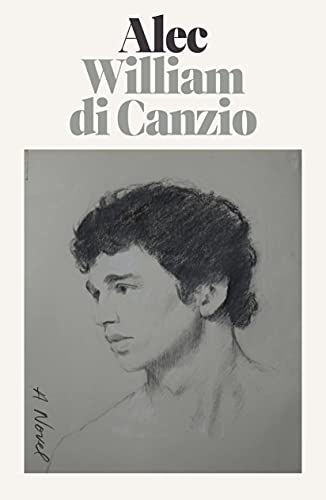Alec
William di Canzio retells the ending of E. M. Forster’s novel Maurice from working-class Alec Scudder’s perspective, then carries forward the story of his forbidden love in strait-laced, pre-World War I England.
Alec is bright in school and later further educated in the Working Men’s College (where Forster himself taught). Despising the class system and happiest in nature, he finds work as gamekeeper on the estate owned by Clive Durham. There he meets Clive’s university friend, Maurice Hall. After misunderstandings and confusion, Alec and Maurice acknowledge their love for each other. They plan an idyllic life together away from society, but then war breaks out.
They enlist together, but as Maurice studied at Cambridge and is considered upper class, he’s made an officer. When Alec sees he can’t remain with Maurice, he joins as an infantryman in the Royal Welch Fusiliers. We see trench warfare through Alec’s eyes in letters he writes to Maurice. There’s a Homeric intensity to the battle scenes, though more personal than in the Iliad. However, Maurice never receives these letters, as he’s fished out of the sea near Gallipoli without identification and lost to Alec, who assumes he’s dead.
Like Forster’s Maurice, Alec depicts two gay men in a society that makes them outlaws, yet who find themselves improbably, joyfully, together. Maurice wasn’t published until 1971, posthumously, as homosexuality was illegal in England until 1967 and especially condemned across class divides.
Forster wrote no more about Scudder and Hall; Alec fills in Scudder’s backstory and continues it until after the war. Though novels spinning off earlier works are common, di Canzio takes on a unique challenge with Maurice, also a Merchant-Ivory film, creating a literary masterpiece of love, class, and warfare in the post-Edwardian world. Very highly recommended.










